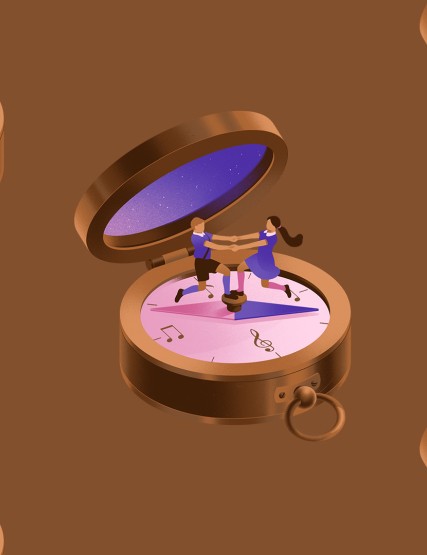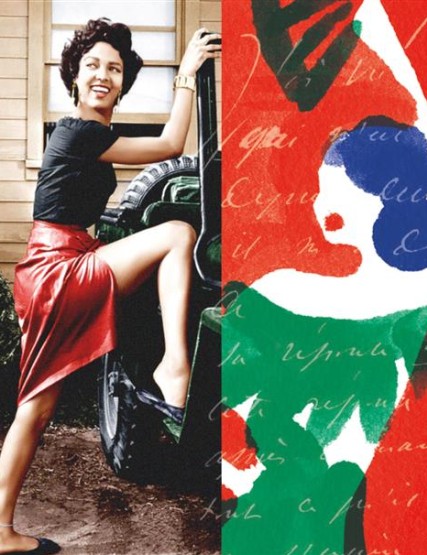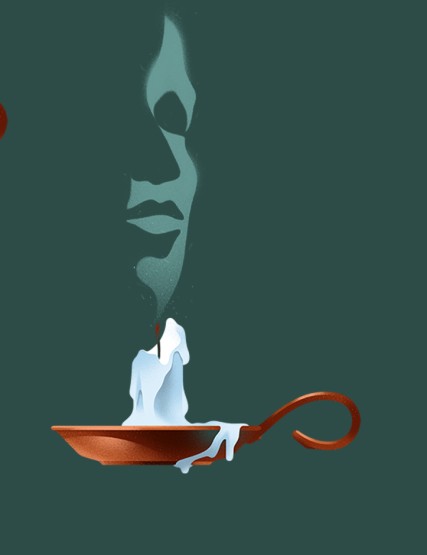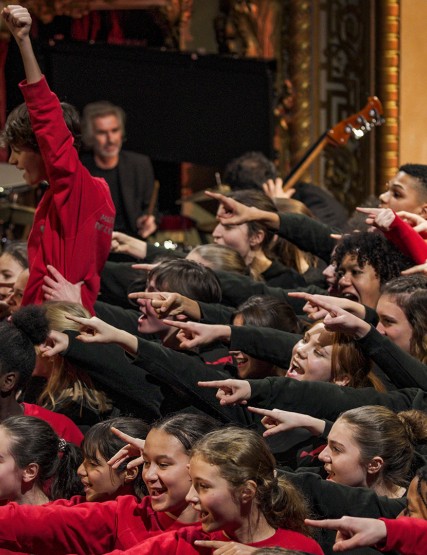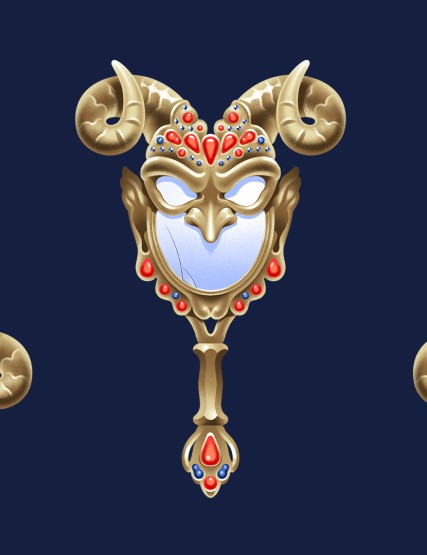Opera in one prologue and three acts by Henry Purcell. Libretto by Nahum Tate. First known representation in December 1689 in the Boarding School for Girls, London. Presentation of the work by Agnès Terrier 40 minutes prior to each performance
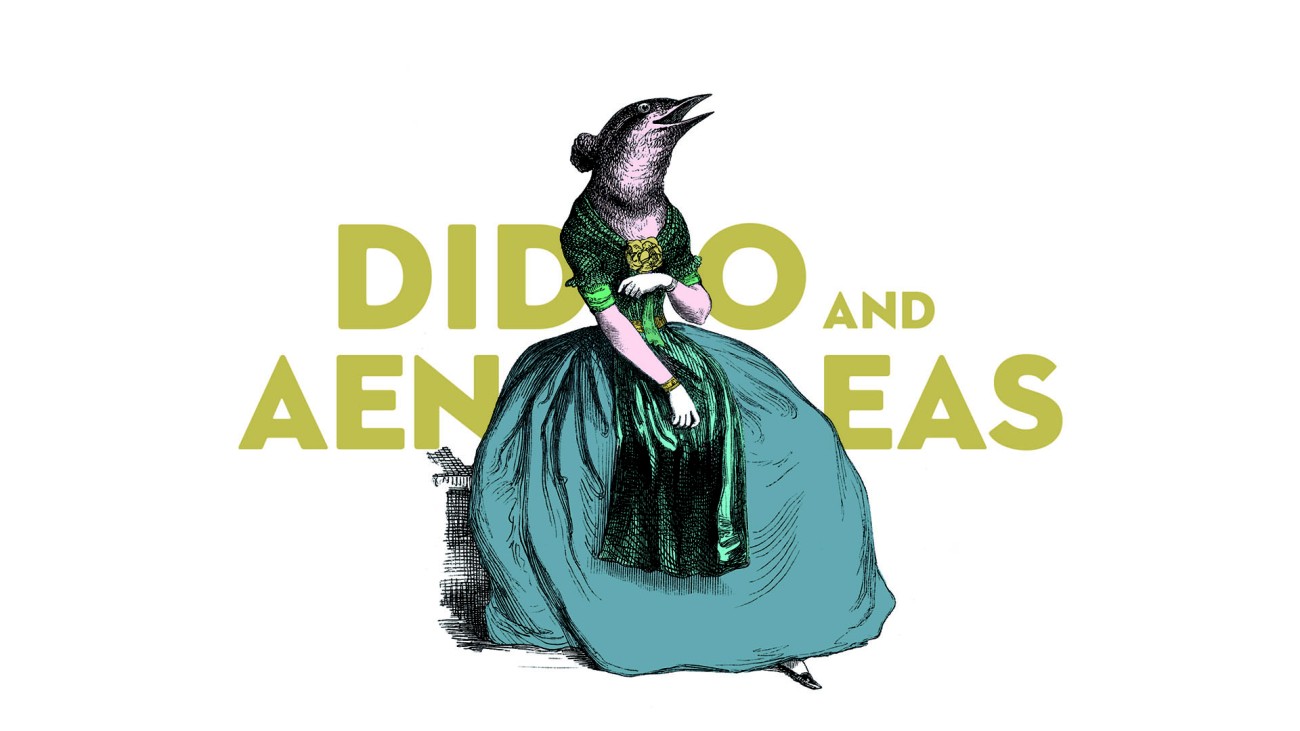
The only opera written by Purcell was probably commissioned in 1684 by the Francophile English King Charles II whose death resulted in the cancellation of its premiere at court. In London theaters, there was preference for mixed works in which the music was used to embellish spoken scenes. Hence Dido and Aeneas was performed later at a girls’ school. Virgil’s Aeneid celebrates the feats of the Trojan hero destined by the gods to found Rome. Aeneas’s adventure with Dido, queen of Carthage, is but an episode in his voyage. But the opera as it developed in the 17th century centered on passions, and in the numerous pieces inspired by Virgil, the deceived woman prevails over the man of action. As the archetype of love betrayal, Dido sings the chant of the soul. Since Purcell so perfectly expressed it in English, he was known as Orpheus Britannicus by his contemporaries.
Context
The Trojan War brought into conflict the kingdoms of Greece and the city of Troy in Asia Minor. Trojan Prince Aeneas saw his city sacked and lost nearly all of his family. This valiant warrior, the son of Venus and Anchises, leaves Asia Minor to found Troy anew on a more auspicious shore of the Mediterranean (it will be Rome, destined to rule over the ancient world). But his ship is wrecked by a storm on the African coast. Dido, the founder and Queen of Carthage, welcomes Aeneas all the better since, being a widow, her authority is challenged by the neighboring kingdom. The hero stands forth, gleaming in the clear light, godlike in face and shoulders, for Venus herself endowed him with a radiant beauty. While listening to Aeneas relate his adventures, Dido drink the poison of a lasting love.
Act I
In her palace, Dido is unable to conceal her torments. Her sister Belinda urmises that she loves Aeneas without understanding that Dido fears the will of the gods and does not want to betray the memory of her former husband. Belinda heartens Dido to accept her feelings toward Aeneas. Such a marriage would ensure the prosperity of Carthage, the queen’s honor as well as Aeneas’s happiness. Belinda’s encouragements are joined by those of the second lady-in-waiting and of the attendants. All urge Dido to give free expression to her desires for the benefit of her people. Aeneas enters and declares his love to the queen. She weakly tries to turn him down while Aeneas is ready to tempt fate, live with her and serve Carthage. Belinda and the chorus encourage Love to overcome Dido’s reluctance. She eventually gives way to her passion.
Act II
Scene 1
The next morning, Dido and Aeneas are celebrating their union with a great hunting party. But the Sorceress gathers her witches in a cave in order to stir up the destruction of Carthage. Horror-stricken by happiness, she has decided to ruin Dido’s plans and hasten the end of the Trojan hero. She will disrupt the hunt with a storm then an evil Spirit will appear to Aeneas disguised as Mercury who will order him to leave Carthage on the spot.
Scene 2
In a grove, Dido and Aeneas are taking a rest. The courtiers entertain them with dancing and singing in praise of Diana. A thunderstorm breaks out and Belinda prompts all to return to the city. Aeneas, who has stayed behind, encounters the evil Spirit in the guise of Mercury. He commands Aeneas to obey Jove, leave Dido and get under way to Italy with his warriors. Aeneas consents but blames the gods for compelling him to betrayal.
Act III
Scene 1
In the harbor of Carthage, the Trojan sailors are preparing to go to sea in a lighthearted mood with no regret for the women they leave behind. The Sorceress and her witches are delighted at the queen’s impending distress, which will lead to the fall of Carthage. Now they devise to unleash a storm that will swallow up Aeneas’s ship and their joy will be complete.
Scene 2
At the palace, Dido rages against her ill fortune. When Aeneas comes to tell her of the divine order, she accuses him of having deceived her. Aeneas protests and tells her he will defy Jupiter’s command. Beside herself with anger, Dido rejects him. After his departure, attended by Belinda and the court, Dido takes a fatal poison.
Direction musicale, William Christie, (le 8 mars à 19h) Jonathan Cohen • Mise en scène, Deborah Warner • Avec Malena Ernman, Nikolay Borchev, Judith Van Wanroij, Hilary Summers, Lina Markeby, Céline Ricci, Ana Quintans, Marc Mauillon , Ben Davies, Fiona Shaw • Orchestre et chœur Les Arts Florissants
See all the castMonday, March 5, 2012 - 7:00pm
Monday, March 5, 2012 - 9:30pm
Wednesday, March 7, 2012 - 7:00pm
Wednesday, March 7, 2012 - 9:30pm
Thursday, March 8, 2012 - 7:00pm
Thursday, March 8, 2012 - 9:30pm
Salle Favart
108, 87, 65, 40, 15, 6 €
Cast





















Orchestre et chœur Les Arts Florissants
Production, Opéra Comique
Coproduction, De Nederlandse Opera, Amsterdam
Adaptation of the production by the Wiener Festwochen premiered in Vienna on 11 May 2006
Performed in English with French supertitles
Partnership



























